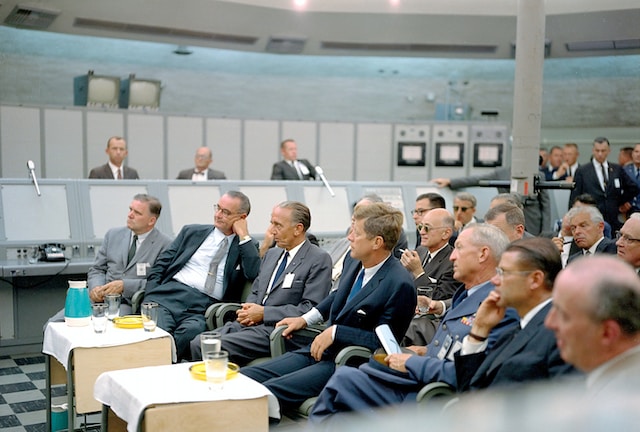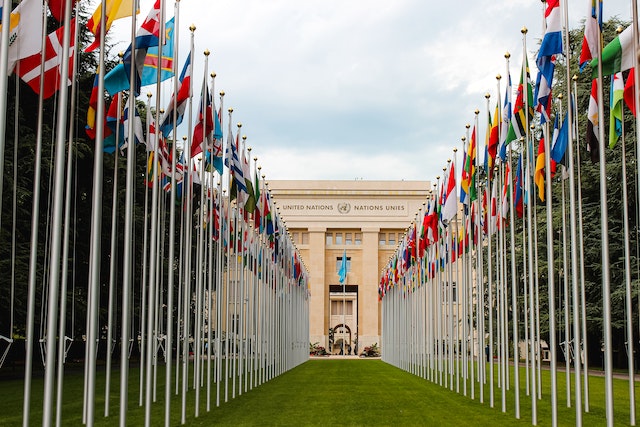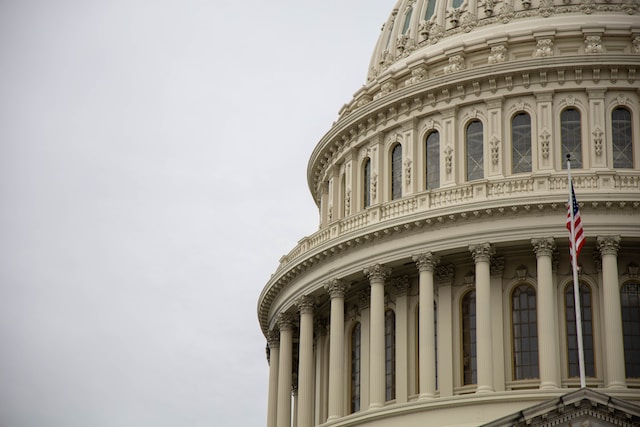Already during World War I, the U.S. was making efforts to become a leader on the world political stage. In 1914-1917 the U.S. conducted a policy of neutrality, which had a positive impact on the economy of the country.
In the 1920s, the U.S. fought for political expansion in Latin America by buying up land and granting loans through its companies. In some countries of the region, the U.S. directly controlled finances and customs, in some cases backing up its presence with the army.
Before World War II, the doctrine of isolationism was very popular in the U.S. ruling elite.
The victorious end of World War II and the atomic bombings of Japan in August 1945 rapidly changed the US role and importance in European and world politics. The highly successful implementation in 1947-1952 of the economic aid plan for Western Europe, known as the Marshall Plan, allowed the U.S. to finally “secure” its dominant economic and political influence in Western Europe and then[how?] in other regions of the world. As Harvard professor S. M. Walt noted in 2012, the U.S. is “the hegemon in the Western Hemisphere.
Since the 1940s, the United States has been involved in many armed conflicts and military coups around the world, including the 1953 Iranian coup, the 1961 Bay of Pigs operation, the wars in Yugoslavia, Afghanistan and Iraq.
As the 2002 Renmin Jibao noted, since the end of the Cold War, the U.S. has sought to create a unipolar world under its own leadership.
According to Professor John Gray, the loss of U.S. primacy in the world was marked with the outbreak of the war in Iraq, accelerated with the global economic crisis (since 2008).
In 2015, any talk about the revision of U.S. foreign policy and change of priorities has no grounds: as before, the U.S. is facing the problems of containment of China, solution of Islamic radicalism, control over oil resources, strengthening NATO and developing Transatlantic relations, creating alliance with democratic states of the Far East, with India, the problem of Iran is of particular importance.



